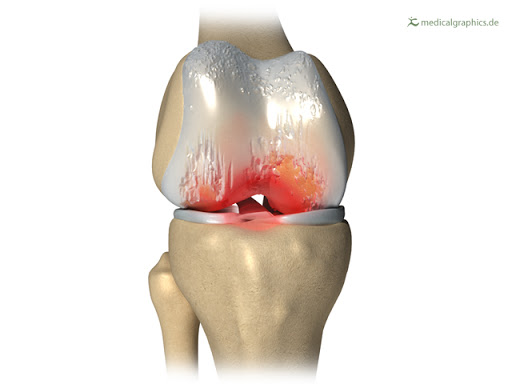One wide misconception is that arthritis is caused by old age. While age and arthritis often coincide, the reasoning behind it is often overlooked. If arthritis was entirely a consequence of aging, then arthritis would be inevitable — and it is not. As a matter of fact, the majority of people with arthritis are under the age of 65.
To better understand this connection, let’s talk about our musculoskeletal system. Our bones are constantly remodeling, the process of bone absorption and formation. There is an ideal balance to absorption and formation that steers off when we age and causes bone loss (decreased density and increased fragility). The properties and composition of cartilage here change as well by reducing the cushion and absorbing shock. This is where arthritis can worsen. Because of the musculoskeletal system changes, our joints can experience a decreased range of motion, which can cause inflammation and pain.
However, according to the American Academy of Orthopaedic Surgeons, this is due less to aging and most to disuse. Therefore, the habitual stillness of old age can be detrimental to joint health and, furthermore, worsen arthritis.

Essentially maintaining movement, avoiding age-related body fat increase, and slowing the process of muscle loss is desired for counteracting some of the effects of aging that can worsen arthritis. See our blog post HERE on Daily Exercise Importance.

